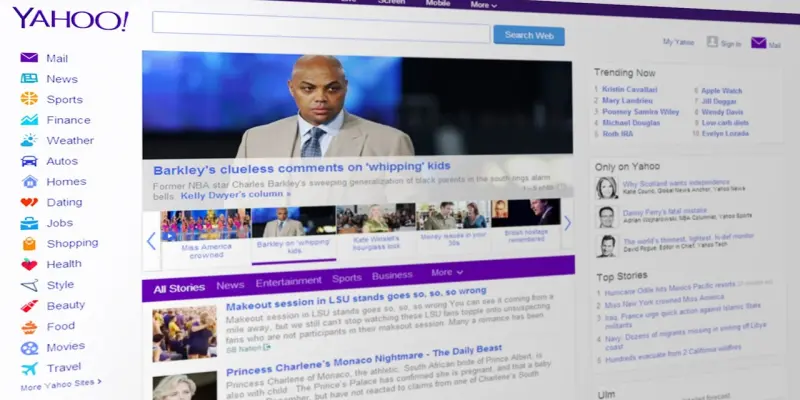The recently announced adoption of IAB Tech Lab’s standardized Data Transparency Labels by Yahoo DSP (Demand-Side Platform) marks a pioneering move in digital advertising. These labels, presented in a “Nutrition Label” format, aim to equip marketers, agencies, and data providers with detailed, standardized information about audience segments. This initiative is targeted at bolstering transparency and trust within the digital advertising ecosystem. Yahoo DSP’s integration of these labels offers advertisers a clearer understanding of the origin, recency, and segmentation criteria of data segments used in campaigns. This enhancement is expected to facilitate better decision-making, improve campaign performance, and ensure greater accountability across the data supply chain. Giovanni Gardelli, VP of DSP Data Products at Yahoo, emphasized the importance of transparency for maintaining trust and achieving better outcomes for advertisers. He highlighted Yahoo’s commitment to providing clarity and quality to its partners through the adoption of these labels.
Enhancing Advertiser Insights
IAB Tech Lab developed these labels in response to a growing demand for consistent and reliable data transparency in the industry. According to Anthony Katsur, CEO of IAB Tech Lab, Yahoo DSP’s implementation of the Data Transparency Labels is a significant step towards enhancing accountability and trust in data-driven advertising. He noted that this move sets a clear example for other platforms to follow. With these labels, advertisers will be able to discern vital details about the data they use, such as the age of the data, its origin, and the criteria implemented for segmentation. This kind of transparency is expected to foster a more ethical advertising environment by ensuring that advertisers have the information they need to make informed decisions. It aligns well with current efforts to protect consumer data and respect privacy, core tenets that have become increasingly important in the digital age.
Yahoo views this development as a continuation of its broader strategy to drive transparency and optimize advertiser performance on a global scale. Through the Data Transparency Labels, advertisers are empowered to perform deeper analyses and adjust their strategies to achieve more precise targeting and better results. This proactive stance on transparency underscores Yahoo’s dedication to ethical practices and aims to solidify the trust between advertisers and the consumers they reach. By setting this precedent, Yahoo not only enhances its operational standards but also encourages other players in the industry to adopt similar measures, potentially leading to widespread improvements in advertising practices.
A Step Towards Ethical Advertising
Yahoo DSP’s recent adoption of the IAB Tech Lab’s standardized Data Transparency Labels marks a groundbreaking development in digital advertising. These labels, resembling “Nutrition Labels,” are designed to provide marketers, agencies, and data providers with comprehensive, standardized details about audience segments. By elevating transparency and trust within the digital advertising sphere, this initiative aims to enhance clarity regarding the origins, recency, and segmentation criteria of data segments used in campaigns. The integration of these labels by Yahoo DSP is expected to lead to better decision-making, improved campaign performance, and higher accountability across the data supply chain. Giovanni Gardelli, VP of DSP Data Products at Yahoo, emphasized that transparency is crucial for maintaining trust and achieving improved outcomes for advertisers. He reiterated Yahoo’s dedication to offering clarity and quality to its partners by adopting these transparency labels, which ultimately enrich the digital advertising landscape while fostering greater trustworthiness.

